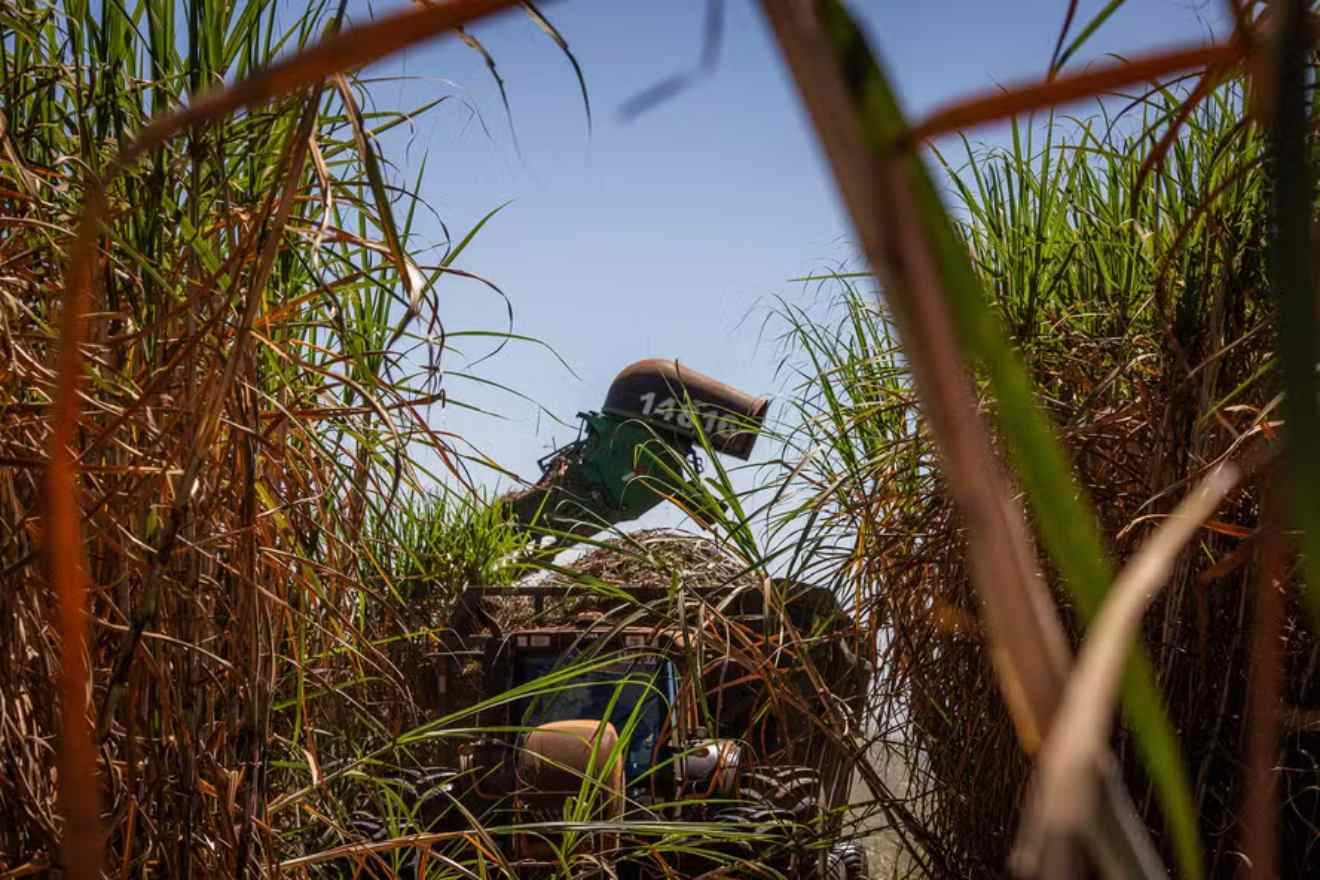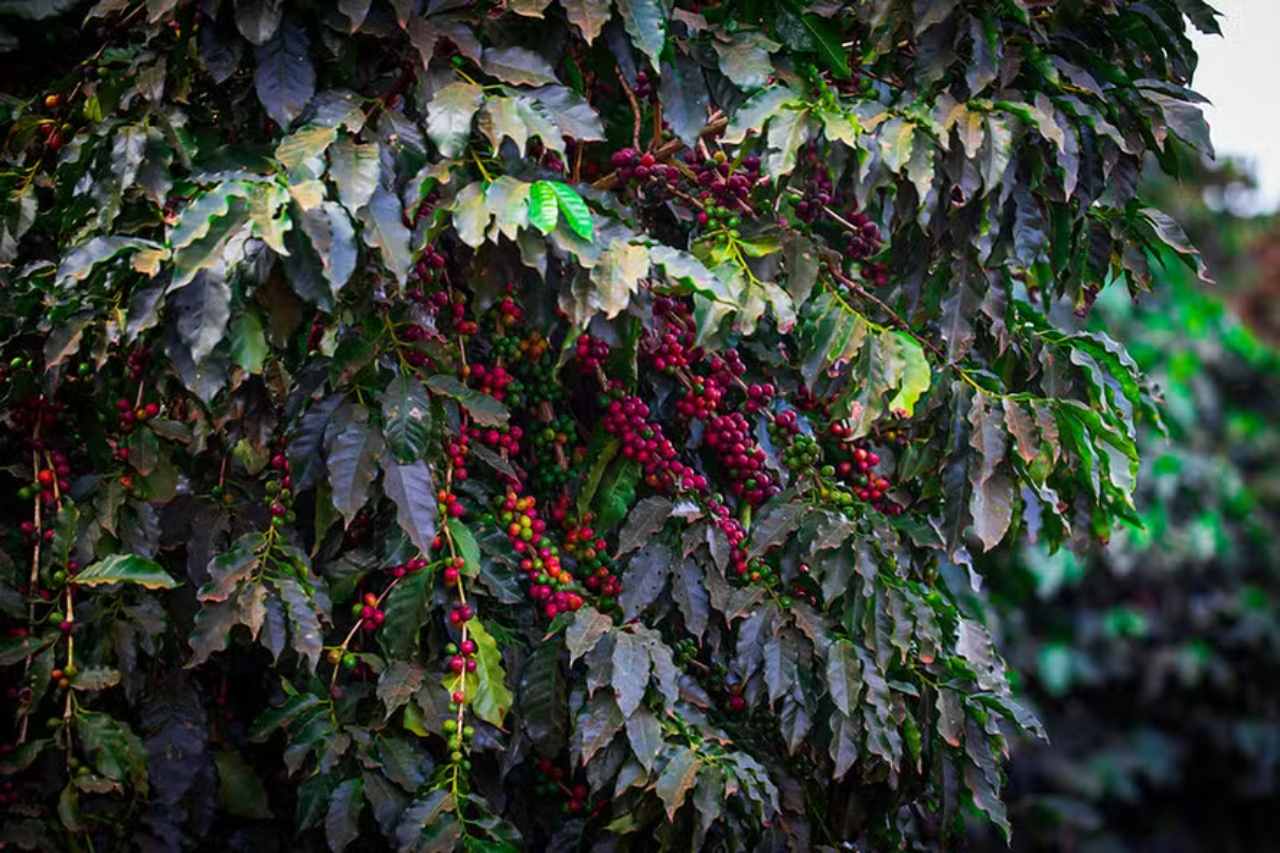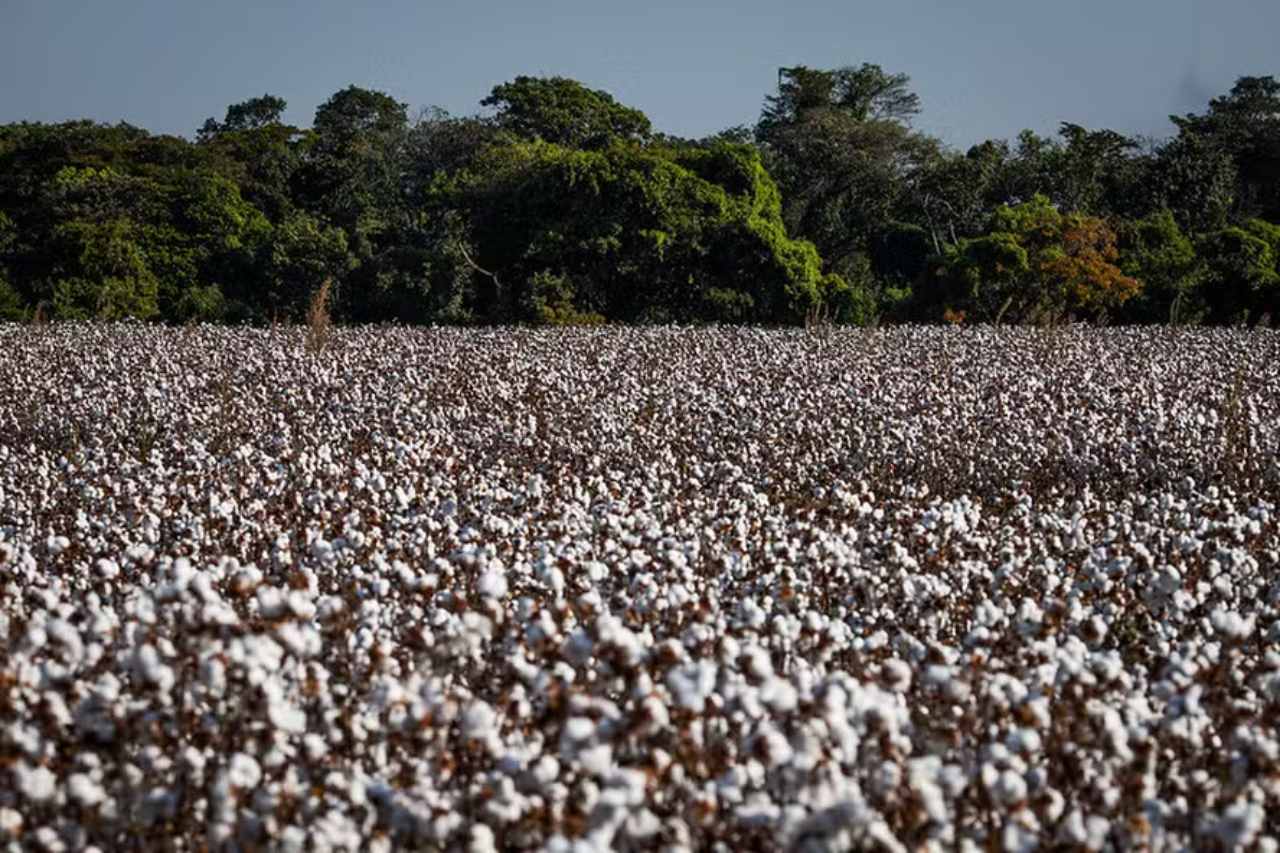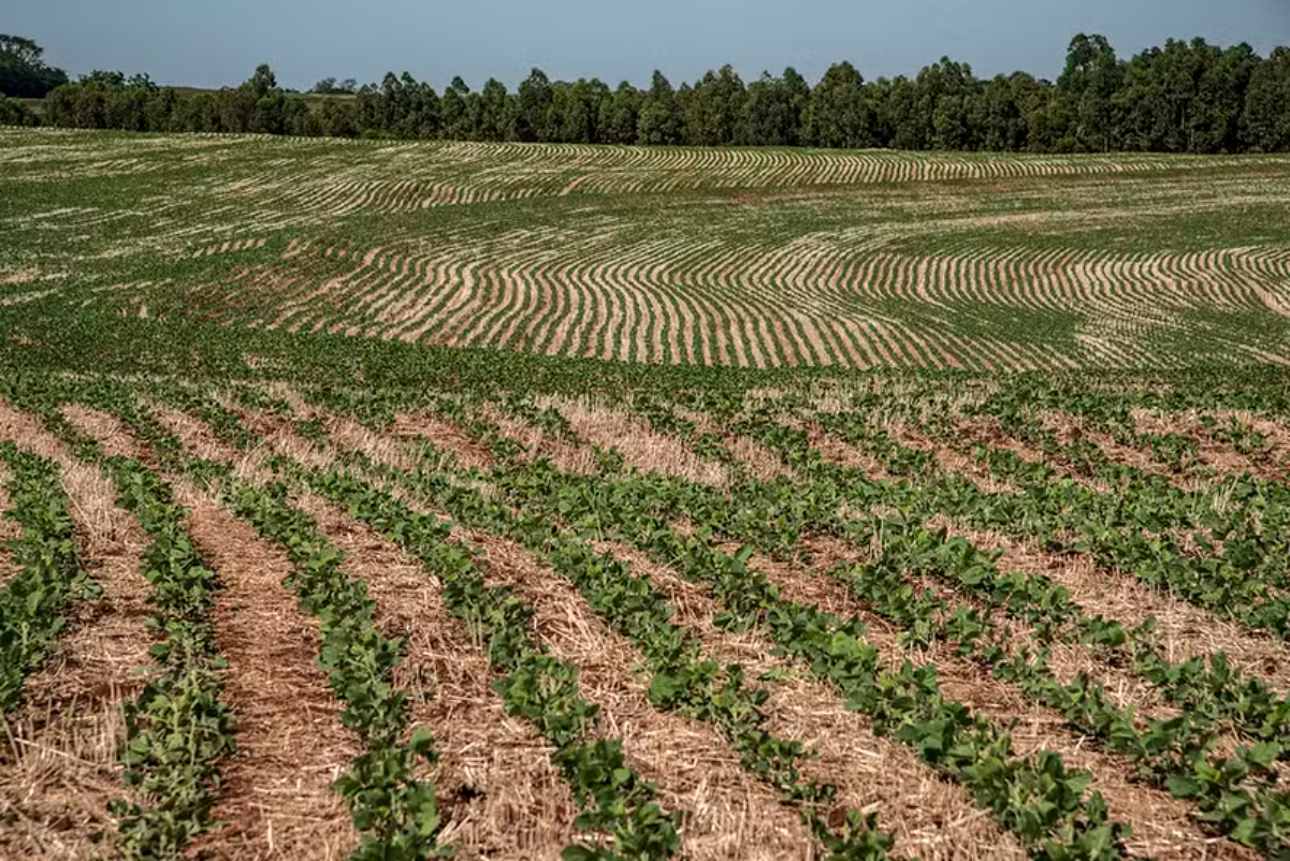The need for traceability is particularly strong in the European Union, one of Brazil’s most important markets
Environmental issues and food quality have become central points in international trade in recent years. Europe, the United States, and Japan are markets with strict criteria regarding food quality, additives, and raw materials used in food processing and imports.
In this context, traceability has become a critical factor for the success of Brazilian agribusiness in international markets, especially as some countries intensify their demands for transparency and sustainability in supply chains. The growing regulatory rigor of states and consumer demand for responsible practices place significant pressure on Brazilian organizations, which must adapt to maintain global competitiveness. It is also essential to carefully analyze proposed standards and, where necessary, engage in dialogue for potential adjustments to regulations. However, avoiding these measures is not an option.
Implementing traceability is a challenging task that requires investment. To minimize these challenges, it is important for companies to have a solid plan, ensuring that each stage of implementing traceability is well-structured and aligned with long-term goals, while adhering to established standards.
The Demand for Traceability in the European Union
The demand for traceability is particularly strong in the European Union, one of Brazil’s most important markets. The European regulation on deforestation-free products, which came into effect in 2023, requires items such as soy, beef, palm oil, timber, cocoa, coffee, rubber, and certain derivatives (e.g., leather, chocolate, tires, and furniture) to be accompanied by proof of origin and certifications ensuring compliance with sustainable practices and the absence of deforestation.
This demand reflects the growing awareness of European consumers regarding environmental and social issues, pressuring Brazilian exporters to adopt strict and transparent origin monitoring systems.
Other Key Markets
Other significant markets for Brazilian agribusiness, such as the United States and Japan, also impose stringent traceability requirements. In this context, traceability becomes an essential tool for eliminating information asymmetry, providing consumers with confidence that the products they purchase meet the standards they were informed about. There is a growing trend that other markets, such as China and India, which already have strict controls on diseases and additives, may also begin to adopt more rigid standards over time, further increasing pressure on Brazilian producers.
Impact on Brazilian Exports
The impact of these regulations is substantial. Data from AGROSTAT (Brazilian Agribusiness Foreign Trade Statistics) up to July 2023 show that Brazilian agribusiness exports to the European Union reached $12.9 billion, representing 13.3% of total exports during the period. The key products exported include soy (43.6%), coffee (14%), forest products (12.2%), meat (5.7%), and juices (5%). In this scenario, traceability can become a differentiating factor, strengthening Brazil’s position as one of the world’s largest agricultural exporters. However, the lack of traceability could serve as a non-tariff barrier, complicating access to certain markets.
Challenges in Brazil
In Brazil, the challenge of meeting these requirements is amplified by the diversity and complexity of the agribusiness sector and by telecommunication infrastructure, which in certain regions limits the use of communication technologies and data collection tools, such as precision agriculture. This challenge should be overcome through cooperation among various stakeholders, from the government to agricultural producers.
Organizations must balance the need to meet these requirements with maintaining operational efficiency and profitability. This is where the first obstacles arise, such as investments in advanced technologies and restructuring supply chains. Blockchain—used as a data authentication mechanism—is one of the solutions being explored to ensure data integrity across the supply chain.
Innovative Technologies
In addition to blockchain, the use of innovative technologies such as automated monitoring systems can help reduce costs, making the process more efficient and accessible, especially when combined with specialized support and strategic partnerships. Key factors to be considered include strengthening internal control environments, analyzing operational and process risks, and establishing frameworks for managing risks and ensuring compliance in sustainable supply chains.
EU Regulation on Deforestation-Free Products
To meet the demands of global partners, such as Brazil, the European Union postponed the implementation of the Deforestation-Free Products Regulation (EUDR), which consists of implementing rigorous and transparent practices. If approved by the European Parliament, the regulation is expected to enter into force in December 2025 for large companies and June 2026 for micro and small businesses. However, this measure—which provides Brazilian companies with additional time for adaptation—should not be seen merely as a cost but as a strategic investment that will allow Brazil to continue growing and standing out in the global market.
Carlos Eduardo Vian de Freitas is a professor at the Department of Economics, Administration, and Sociology at ESALQ/USP. Adilson Martins is a partner at Deloitte’s Assurance division.





